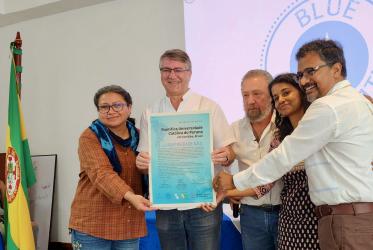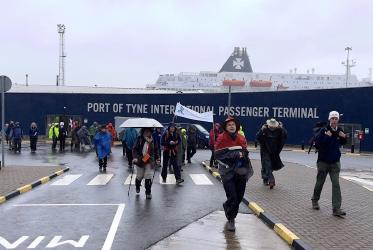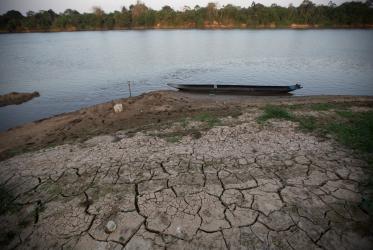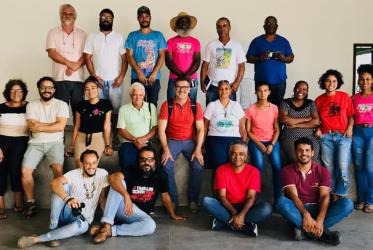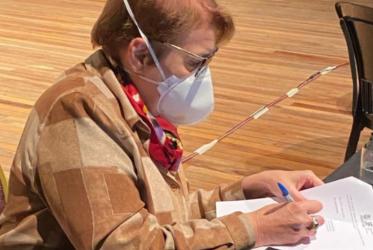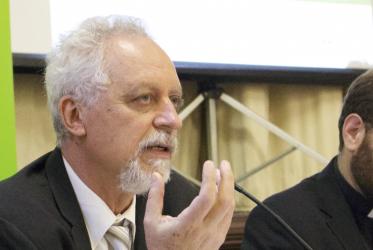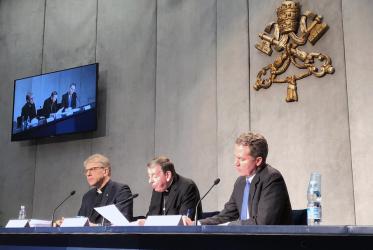Displaying 1 - 20 of 64
Brazilian ecumenical water network launched
29 July 2021
Pulling together for a living River Pardo
02 July 2021
Greenland’s grand Gospel preacher
07 February 2020
A humble servant in God’s herd
10 July 2019
“There are no spare parts for whales”
13 June 2019
